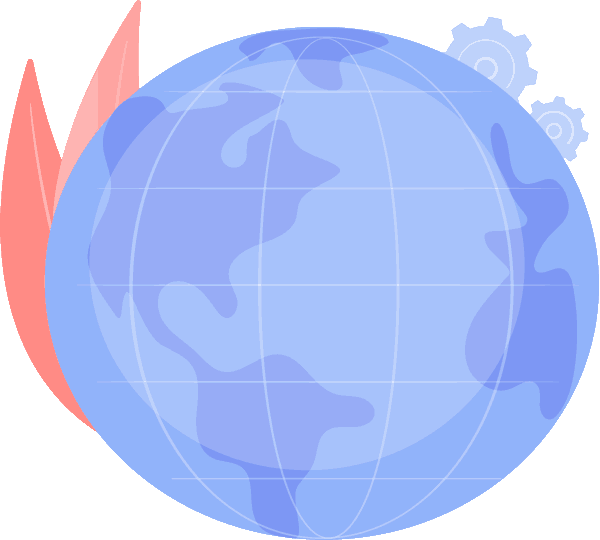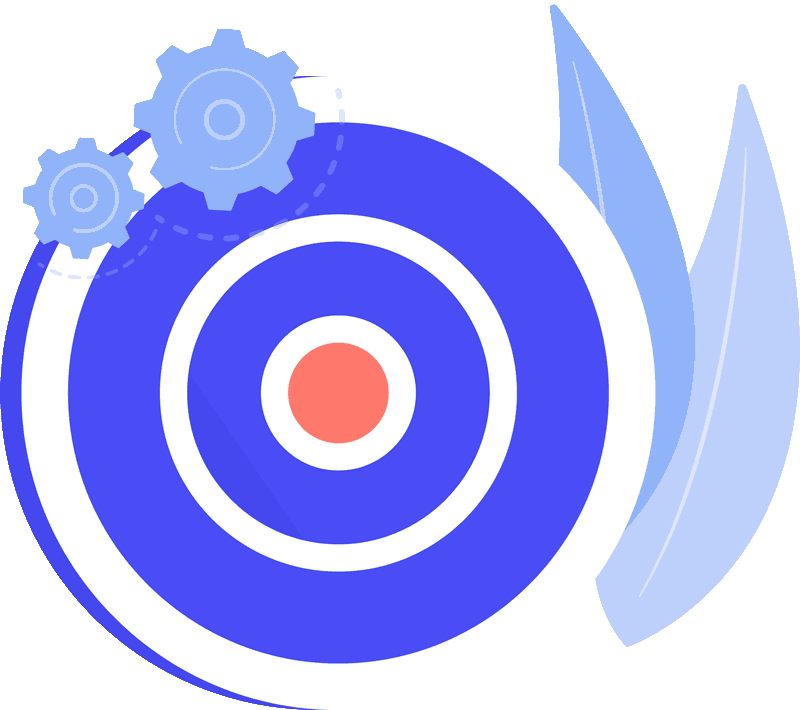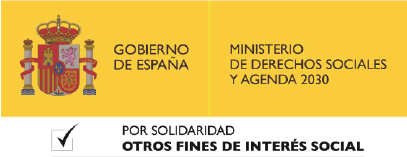Civil society has an increasingly recognized and present role in public policy-making. We have managed to gain space and make our voices heard meaningfully, until being recognized by the UN as one of the sectors of society that can better channel sustainable development.
We are agents of change. Working on the ground, providing services to people and communities and also lobbying at the political level to improve regulatory frameworks. Two levels of work essential to move towards greater social progress.
Even so, there is no assured achievement: despite progress in the participation of civil society in the public policy-making process, setbacks have been experienced in some countries.





Political advocacy at the international level is complex. RIOD has designed this guide as a tool to support the work of civil society organizations in this area.
It provides a map of the main international forums and organizations dealing with drug policy, health, human rights, and sustainable development issues at the international level, in Europe and in Latin America. It describes what they are, what they do, how they work and how civil society organizations can interact with them.
Some of the contents you can find in the Guide, will help you on how to work at the UN level; by thematic spaces (drugs, health, Human Rights, among others) and also in regional spaces (EU, Inter-American System, etc.)
Practical guide to improve the participation of NGOs in international decision-making bodies on drug policy, health, human rights and sustainable development.


NACIONES
UNIDAS
To work in the UN environment, it is advisable to:
Registrarse en la base de datos de DESA, el Departamento de Asuntos Económicos y Sociales de las Naciones Unidas
Solicitar el estatus consultivo de ECOSOC (Consejo Económico y Social de las Naciones Unidas).
ECOSOC es el mecanismo central que coordina las actividades del sistema de la ONU. El estatus ECOSOC permite a las organizaciones de la sociedad civil acceder a las reuniones que convocan, así como a muchos organismos subsidiarios (como son la Comisión de la Condición Jurídica y Social de la Mujer, Comisión de Estupefacientes, etc.) y a varios mecanismos de derechos humanos de las Naciones Unidas, así como eventos especiales organizados por el Presidente de la Asamblea General (como es el Foro Político de Alto Nivel sobre Desarrollo Sostenible).
There are three different types of ECOSOC status:
- General: Para aquellas ONG con un amplio alcance geográfico cuyo ámbito de actuación cubre la mayoría de los temas de ECOSOC.
- Especial: Para aquellas ONG que tienen un área de experiencia que abarca únicamente algunos de los ámbitos de los temas tratados por ECOSOC.
- Lista: Para aquellas ONG que no encajan en ninguna de las dos categorías previas al tener un enfoque de trabajo muy concreto. Es para organizaciones que cuentan con estatus consultivo en otros organismos de la ONU. Éstas ONG pueden hacer contribuciones ocasionales.
El proceso de postulación, revisión y aprobación por ECOSOC queda recogido en “Trabajando con ECOSOC – Guía para las ONG sobre el Carácter consultivo

